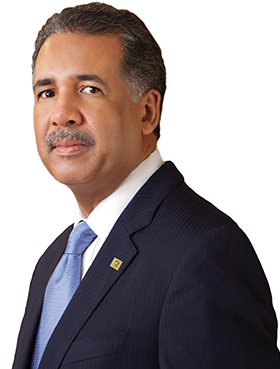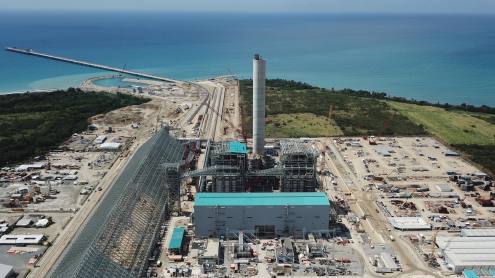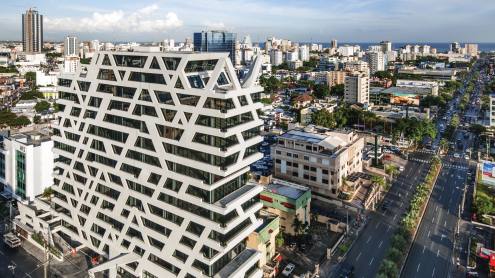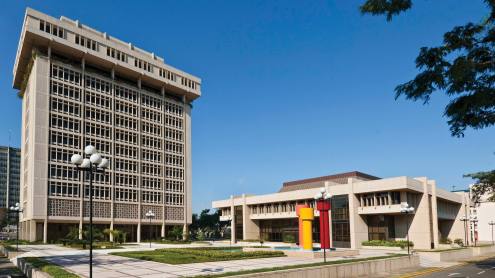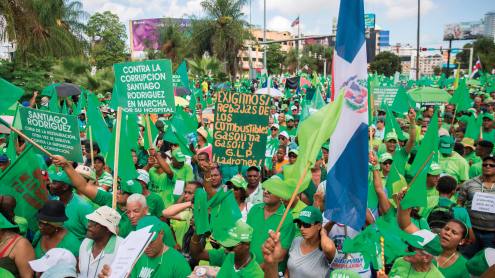Q: Banreservas is the largest bank in the Dominican Republic. What sets the bank apart from others?
A: Banreservas has 77 years of history and a proven business strategy; it reaffirmed its leadership in the Dominican banking system in 2018 too. We are the leader in volumes of assets and liabilities, with the largest volume of deposits and loans, and we are the bank with the highest earnings. We have nearly 2.5 million clients, 285 offices and 1200 banking agents, giving us the largest full-service banking network in the country. We also have correspondent bank agreements with 50 international banks, another area in which we are the leader. We have improved our management strategies to make the bank more efficient, and our efficiency ratio has improved by twice that of the rest of the system. A new treasury management strategy has led to the largest drop in financial costs in the system.
Q: The Dominican economy is again expanding at a fast rate. Where is the bank focusing its activity to support such growth?
A: The support we offer to the productive sector as it expands is part of our strategy to continue growing with the Dominican Republic. Today, Banreservas is one of the principal providers of services and financing to strategic economic sectors to foster the development of our economy in a significant way. These sectors are, for example, construction, agriculture, small and medium-sized enterprises and tourism, which are the fastest growing in the Dominican economy.
Q: How is technology and new competition by fintechs reshaping the bank?
A: Banreservas has invested in technological and service platforms, implementing the most sweeping changes in the institution’s history. We transformed our entire technological platform in record time, which – given the scope and size of our institution – was unprecedented in the history of the Dominican banking sector. This change has made us more agile and flexible when thinking about developing new solutions. It has made us more efficient too.
This investment has prepared Banreservas for the challenges of digitalisation. It will allow us to remain competitive, adapting to the demands of the millennial generation, which want authentic and individualised experiences. The bank has been preparing for innovation and to compete in the world of fintechs.
We are optimistic about the future of banking, understanding that, within the Dominican regulatory framework, technology will lead to fewer risks and greater rewards for customers and financial service providers.
Q: Banreservas joined the Interbank Information Network in 2018. How does this help the bank?
A: Joining this specialised network is a concrete step towards the use of blockchain technology and, while it is in its initial stages, it brings us closer to the standardised use of this technology with our international correspondent partners. The bank is also committed to being a part of Swift gpi, a network of global payments providers led by Swift that includes more than 200 international banks. We are proud to be part of this exclusive group.
Q: The Dominican Republic has new rules for money laundering. What are some of the changes brought about by this?
A: The report from Gafilat [the Finance Action Task Force of Latin America] on the Dominican Republic was published recently [and] found favourable results, which is an achievement for Dominican authorities and financial institutions. The report not only recognised the progress made by the country, but also by its full-service banks, including Banreservas.
Our bank, given the role it plays in the local market and the relationship it has with international financial institutions, has been implementing best practice in the area of prevention of money laundering. We have a specialised area and sector executives in charge of compliance with national laws and international standards.



